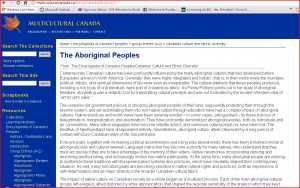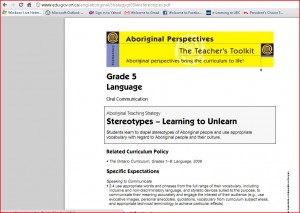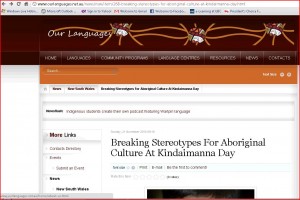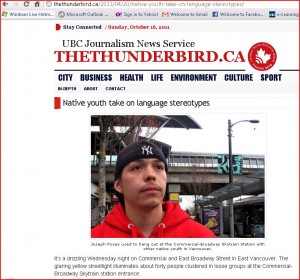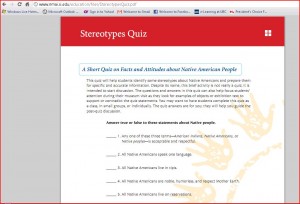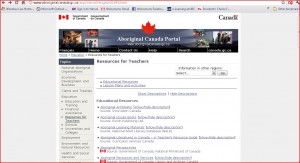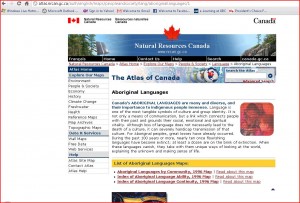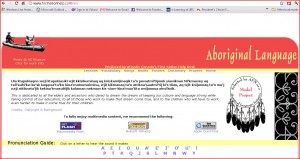This particular webpage is from a collection of pages, from the Encyclopaedia of Canada’s Peoples/ Canadian and Ethnic Diversity, which consists of a collection of pages that have information about many different ethnic groups inCanada. This page highlights the history of aboriginal people inCanada; how they are an important part ofCanada; how they have been treated in the past; what contributions they made to Canadian society, etc. This collection of pages is a part of a database called Multicultural Canada. This website/database consists of a range of collections of artefacts and information for multiples languages and cultures. The site has different types of resources such as audio files, books, newspapers manuscripts, pictures and others documents form a variety of ethnic groups.
